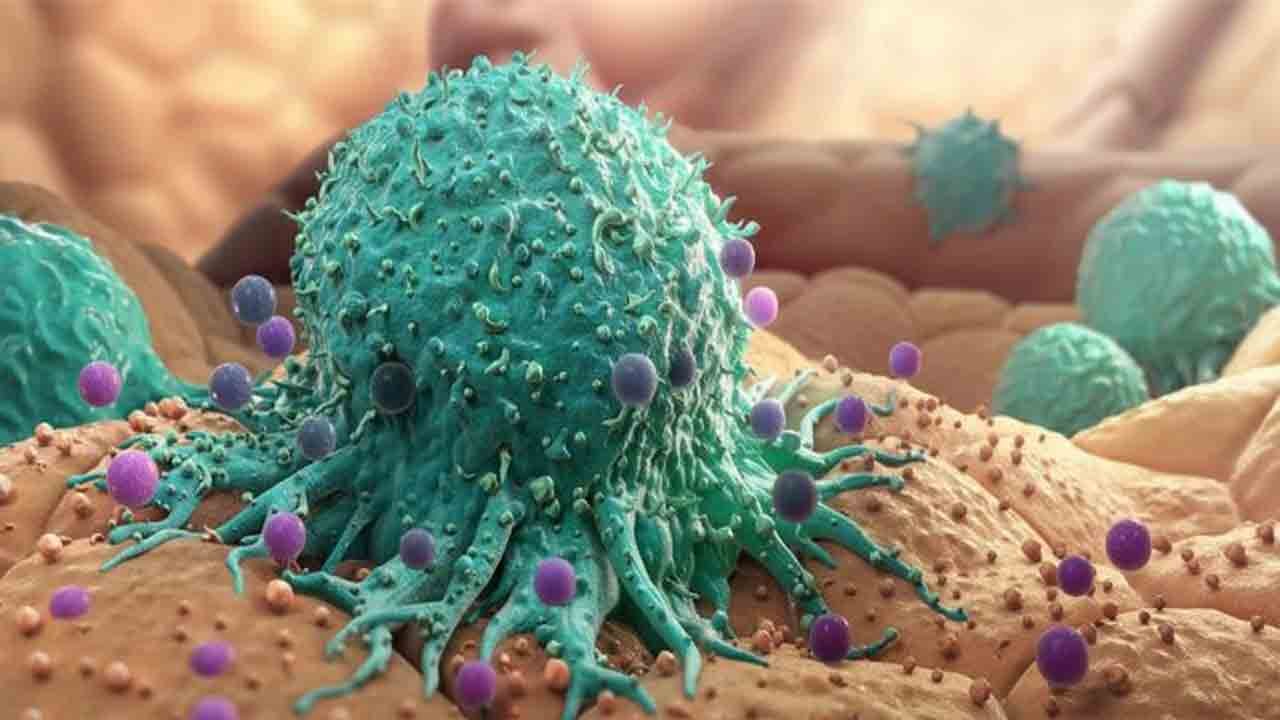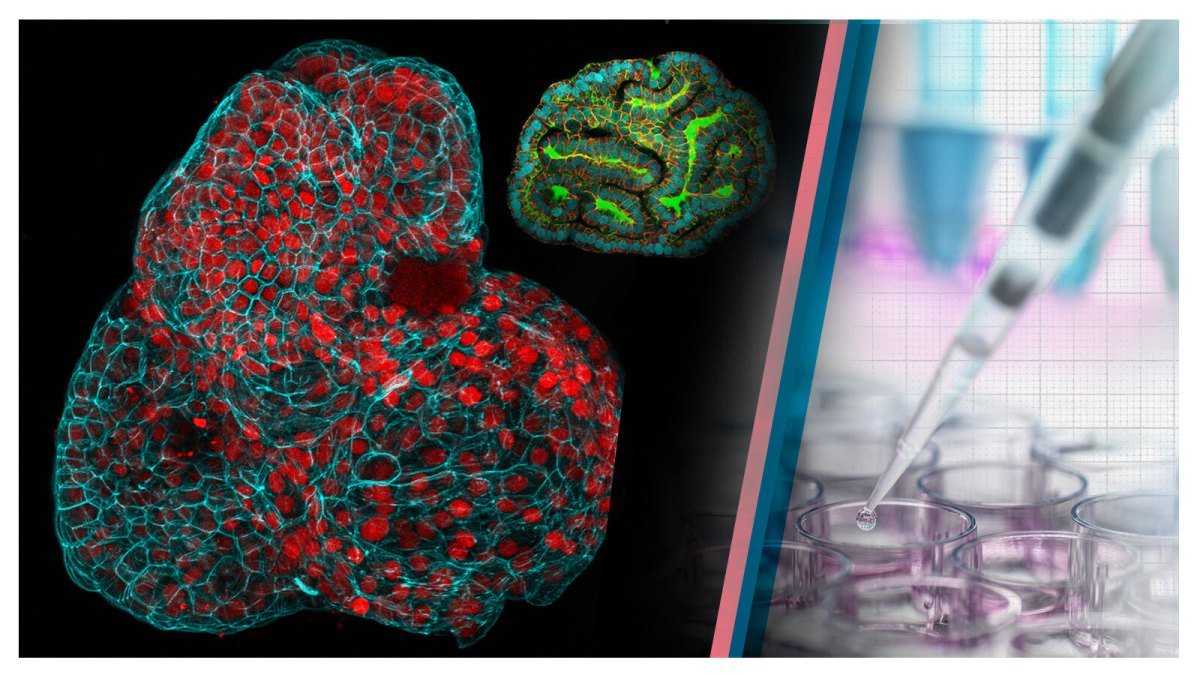A groundbreaking study from Duke University suggests your gut bacteria may naturally regulate appetite in a way similar to weight-loss drugs like Ozempic, offering potential new avenues for weight management without harsh side effects.
Researchers have discovered a gut-based signaling system involving specialized bacteria and nerve-connected colon cells that send real-time messages to the brain to suppress appetite. This system hinges on the actions of a gut bacterium that produces a protein called flagellin, which in turn stimulates the release of the PYY hormone—a natural appetite suppressant.
How It Works
- When food is consumed, certain gut bacteria release flagellin.
- Flagellin triggers the release of PYY, a hormone that tells the brain: “You’re full.”
- This signal travels through a specialized neurobiological pathway in the colon, curbing appetite in real time.
Researchers liken this system to the mechanism behind GLP-1 drugs like Ozempic, which mimic fullness hormones to reduce hunger and aid in weight loss.
“We were curious whether the body could sense microbial patterns in real time… as a neural response that guides behavior,” said lead author Dr. Diego Bohórquez, associate professor of medicine and neurobiology.
Key Findings from the Animal Study
- Two groups of mice were studied: one with gut receptors (TLR5) for PYY, and one without.
- After overnight fasting, both groups received flagellin directly into their colons.
- Mice with TLR5 receptors ate significantly less the next day.
- Mice without the receptors consumed more food and gained more weight.
- The effect was consistent in both male and female mice.
Why This Matters
The presence of TLR5 receptors in the colon is key: they allow the gut to detect rising levels of flagellin and send the “stop eating” signal to the brain. Without this feedback loop, the brain doesn’t register satiety effectively, potentially leading to overeating and weight gain.
Future Implications
This newly uncovered mechanism could be harnessed or enhanced through:
- Diet modifications
- Prebiotic or probiotic supplements
- Microbiome-targeted therapies
These strategies may offer natural alternatives to appetite-suppressing drugs and help prevent or treat obesity.
“This work will be especially helpful to explain how our behavior is influenced by microbes,” said Dr. Bohórquez.
Looking Ahead
While the findings are yet to be tested in humans, they open the door to a deeper understanding of how gut microbes influence not just eating habits, but possibly even mood and mental health.
The researchers conclude that the gut may be acting as a “sixth sense”, influencing our behavior in ways previously unrecognized — not through taste or smell, but through microbial signals guiding appetite and energy balance.



